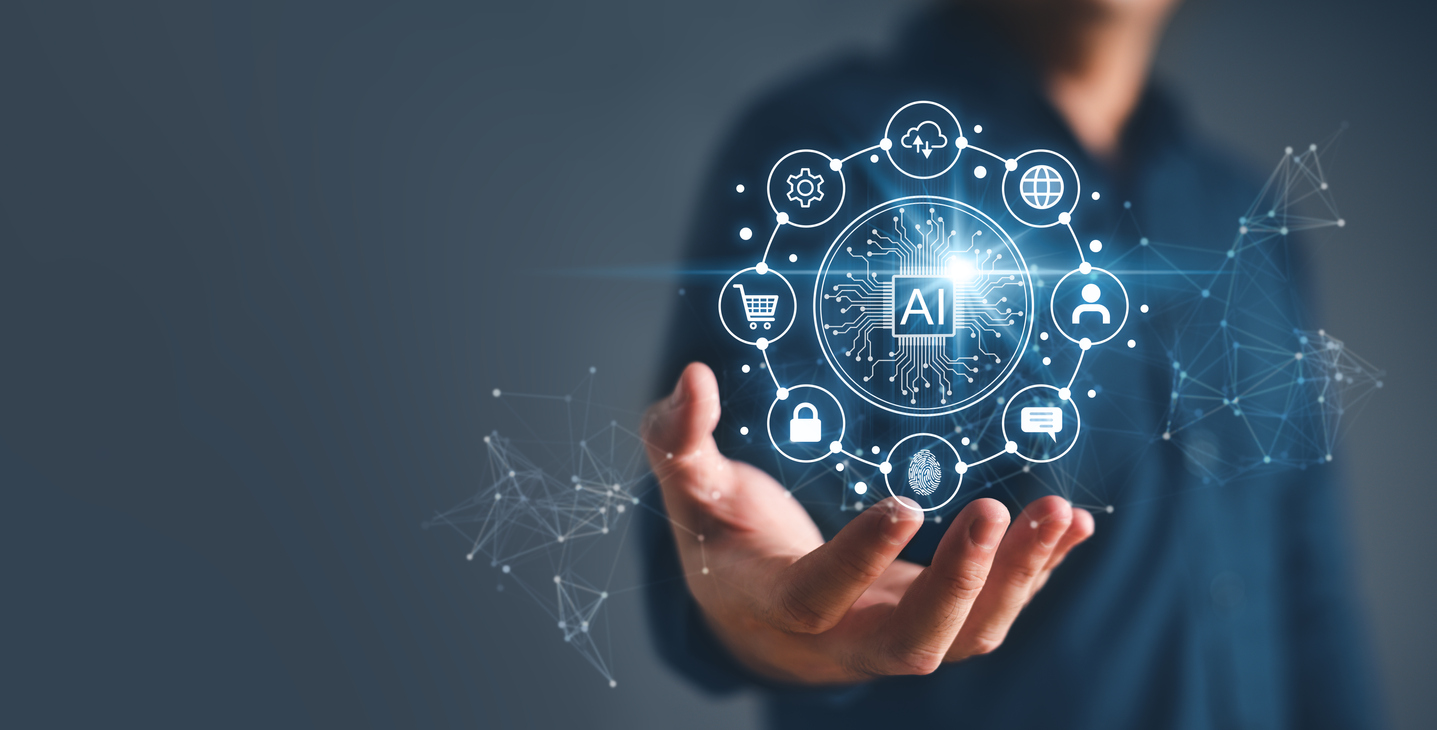Top Benefits of Generative AI in HR Solution for Modern Businesses
The modern workplace is evolving rapidly, and so are the demands on Human Resources (HR) teams. From talent acquisition to employee engagement, HR professionals are constantly tasked with managing complex workflows, often with limited resources. Generative AI in HR solution is emerging as a game-changer, offering cutting-edge tools to streamline operations, enhance decision-making, and improve overall efficiency.

In this blog, we’ll explore the top benefits of leveraging generative AI in HR solutions for modern businesses and how it transforms traditional HR practices.
1. Streamlining Recruitment Processes
Generative AI revolutionizes the recruitment process by automating time-consuming tasks like:
Resume screening: AI can sift through thousands of resumes in seconds, identifying candidates who match job requirements.
Job description creation: AI tools generate optimized, inclusive job descriptions tailored to specific roles, attracting the right talent.
Candidate engagement: Chatbots powered by generative AI can answer candidate queries, schedule interviews, and provide timely updates, creating a seamless candidate experience.
This not only saves time but also ensures the recruitment process is efficient and free of human biases.
2. Personalized Employee Engagement
One-size-fits-all approaches to employee engagement are no longer effective. Generative AI enables businesses to:
Analyze employee sentiment: AI tools analyze feedback from surveys, emails, or chats to identify employee morale and areas of concern.
Create personalized experiences: Whether it's suggesting tailored career paths or recommending skill-building programs, generative AI ensures every employee feels valued.
This personalized attention can significantly boost employee satisfaction and retention.
3. Enhancing Learning and Development (L&D)
Generative AI plays a pivotal role in upskilling and reskilling employees by:
Creating customized learning modules: AI analyzes an employee’s current skills and generates tailored training programs to fill gaps.
Adaptive learning: AI-driven systems adapt content and pacing to suit an employee’s learning style and progress.
Continuous feedback loops: Generative AI can evaluate performance during training, offering real-time recommendations for improvement.
This ensures employees stay future-ready, aligning their growth with organizational goals.
4. Improved Workforce Planning
Effective workforce planning requires accurate predictions and proactive strategies. Generative AI offers:
Predictive analytics: AI can forecast future workforce needs based on historical data, industry trends, and business goals.
Scenario planning: HR teams can simulate various staffing scenarios, helping them make informed decisions during uncertain times.
This enables organizations to maintain optimal staffing levels and avoid disruptions.
5. Automating Administrative Tasks
Administrative tasks often consume a significant portion of HR professionals’ time. Generative AI alleviates this burden by automating:
Payroll processing: Generative AI ensures timely, error-free payroll calculations.
Compliance tracking: AI monitors changes in labor laws and updates HR policies accordingly.
Document generation: From offer letters to employee handbooks, generative AI can create accurate, professional documents in minutes.
By automating these tasks, HR teams can focus on strategic initiatives rather than mundane processes.
6. Enhancing Diversity, Equity, and Inclusion (DEI)
Generative AI in HR solutions helps eliminate biases that can creep into traditional HR processes. For example:
Bias-free recruitment: AI evaluates candidates based on their skills and qualifications rather than demographic factors.
Equitable performance reviews: Generative AI analyzes data objectively, ensuring fair and unbiased evaluations.
By promoting inclusivity, businesses can create a healthier workplace culture that attracts and retains diverse talent.
7. Data-Driven Decision-Making
Generative AI empowers HR teams to make informed decisions by providing:
Real-time insights: AI dashboards offer a comprehensive view of workforce metrics, from attrition rates to employee engagement levels.
Actionable recommendations: Based on data analysis, AI suggests strategies to improve productivity, reduce turnover, and optimize costs.
This data-driven approach enables HR teams to align their efforts with broader business objectives.
8. Enhancing Employee Well-Being
Employee well-being has become a top priority for organizations. Generative AI supports this by:
Monitoring mental health trends: AI can identify patterns indicating burnout or stress by analyzing communication and productivity data.
Recommending wellness programs: AI generates personalized recommendations, such as mindfulness sessions or flexible work arrangements, to promote well-being.
Focusing on employee well-being improves morale and productivity, benefiting both employees and the organization.
9. Cost Efficiency and Scalability
Investing in generative AI solutions can reduce operational costs significantly:
Reduced hiring costs: Faster recruitment processes minimize resource usage.
Lower administrative overhead: Automation reduces the need for extensive manual labor in routine tasks.
Scalable solutions: Generative AI can adapt to business growth, ensuring HR processes remain efficient as the organization expands.
This makes generative AI a cost-effective solution for businesses of all sizes.
10. Staying Competitive in a Digital Era
In today’s fast-paced business environment, staying competitive requires adopting innovative tools. Generative AI gives companies a strategic advantage by:
Enhancing agility: AI solutions enable HR teams to respond quickly to changes in workforce dynamics.
Driving innovation: With administrative tasks automated, HR teams can focus on creative initiatives to attract and retain top talent.
By leveraging generative AI, businesses can maintain a competitive edge in the digital era.
Conclusion
Generative AI in HR solution is no longer a luxury—it’s a necessity for modern businesses aiming to thrive in a competitive landscape. From streamlining recruitment to enhancing employee engagement, these AI-driven tools enable HR teams to operate more efficiently and strategically.
As the technology continues to evolve, the potential for generative AI in HR is limitless, offering businesses a future-ready approach to managing their most valuable asset: their people.